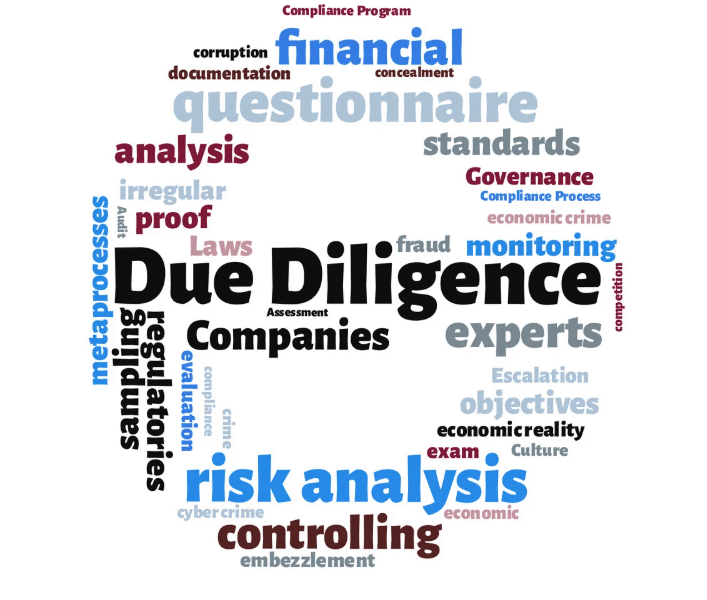Buying a franchise is a significant financial and career decision. While the appeal of joining a proven business model is strong, success is never guaranteed. That’s why conducting thorough due diligence before committing to any franchise opportunity is critical. This process involves examining the business from multiple angles to ensure it aligns with your goals, risk tolerance, and financial capacity. Skipping this step can lead to costly mistakes, while a detailed evaluation can set you up for long-term success.
Review the Franchise Disclosure Document (FDD)
One of the most important tools in the due diligence process is the Franchise Disclosure Document, or FDD. This legal document provides detailed information about the franchisor, including the company’s history, litigation records, initial and ongoing fees, and the obligations of both the franchisee and franchisor. Pay special attention to Item 7, which outlines the initial investment, and Item 19, which may include earnings claims. Not all franchisors provide income data, so it’s important to request clarification or additional documentation if necessary.
Understanding the financial commitments, such as royalty fees, marketing fees, and other ongoing expenses, is key to assessing whether the business is financially viable for you. Consulting a franchise attorney to review the FDD can help you interpret the fine print and identify any red flags.
Speak with Current and Former Franchisees
Talking to existing franchise owners is one of the most valuable steps in your research. These individuals can offer firsthand insight into what it’s like to run the business, how much support they receive from the franchisor, and whether the income potential aligns with what was promised. Be sure to ask about their startup experience, day-to-day operations, challenges, and level of satisfaction.
It’s equally important to contact former franchisees if you can. They can provide perspectives on why they left the system, whether they felt supported, and whether the business met their expectations. These conversations can reveal issues not found in official documents.
Evaluate the Franchisor’s Track Record and Support
The strength of the franchisor plays a huge role in the potential success of the franchise. Research the company’s history, leadership team, and financial stability. A strong franchisor will have a solid track record, a scalable model, and a transparent and supportive corporate culture. Investigate how they handle training, marketing, operational support, and innovation. Poor support from the franchisor is a common complaint among struggling franchisees.
Also, assess how long the franchisor has been in business and how many locations they’ve opened—and closed. High turnover or rapid closures can be a warning sign.
Understand the Local Market and Competition
Even a well-known brand may struggle if placed in the wrong market. Analyze your local area’s demographics, economic trends, and competitive landscape. Are there similar businesses nearby? Is there a proven demand for this product or service in your community? A great franchise model can still fail in a poorly chosen location or saturated market.
Conclusion
Conducting thorough due diligence is essential before buying a franchise. Reviewing the FDD, speaking with current and past franchisees, analyzing the franchisor’s history, and studying the local market can help you make an informed decision. This level of preparation reduces risk, boosts confidence, and improves your chances of building a profitable and sustainable franchise business.

